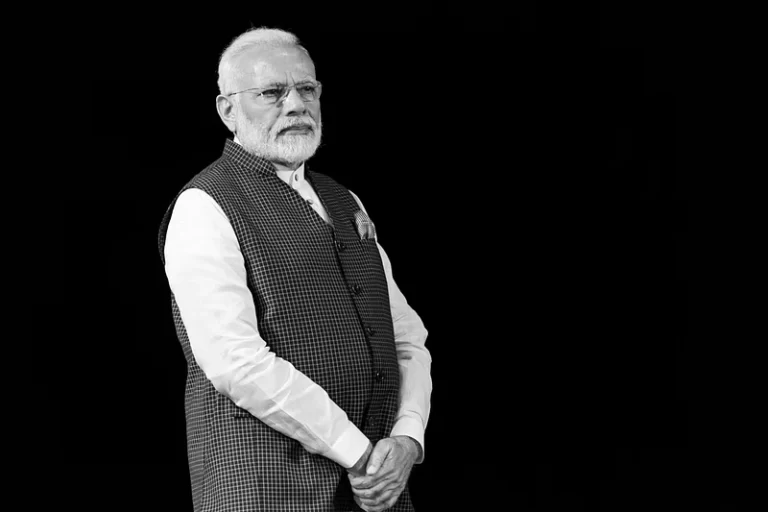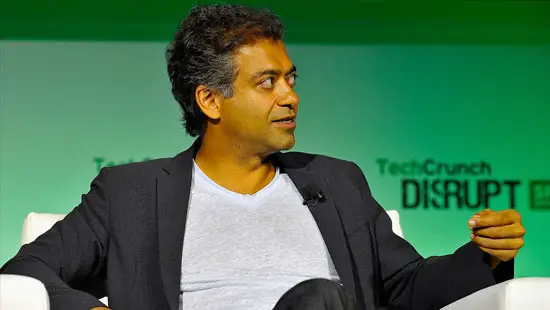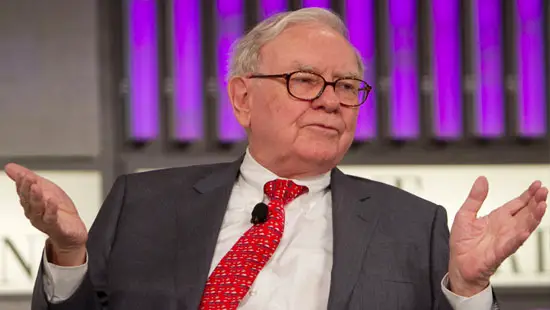As Steve Jobs said, “You can’t connect the dots looking forward; you can only connect them looking backwards. So you have to trust that the dots will somehow connect in your future. You have to trust in something – your gut, destiny, life, karma, whatever. This approach has never let me down, and it has made all the difference in my life.” – Utilizing every precious second of his life, he led an indelible life that is going to inspire all of us for a lifelong!
Steven Paul Jobs, the pioneer of personal computer revolution of 1970′-80′ is well known for being the chair-person, CEO and the co-founder of Apple Inc. ; world’s most valuable company or the largest technology company as we know it now. In making Apple world’s fourth largest PC vendor, Jobs spent his life giving it the worth it has today. The ‘Think Different’ slogan was a true reflection of Steve Jobs’ life!
Jobs had a seeker’s soul! On the quest for higher learning and to get the answers for the unsolved questions of Science; in mid-70’s, he visited India. Steve spent seven long months in India wandering across the country looking for spiritual enlightenment. He’s said somewhere that India taught him ‘Intuition”! He returned home taking ‘Zen Buddhism’ in his heart and mind, that was going to help Jobs shape the understanding of his own mental processes.
It might be the influence of these Buddhist practices that towards the end of his life, Jobs had been a believer of afterlife. And we can say that Jobs’ such lifelong interest in the humanities gave Apple a human touch. Also his reading habits had contributed the most in making Steve Jobs what we know as he was!
In Steve Jobs’ biography ,Walter Isaacson has given us an idea about the list of books that influenced Jobs’ life. As mentioned earlier, he had been into Zen Buddhism, so it’s quite obvious for him to devour such books like,
Book 1: Autobiography of a Yogi
This was the one he read in his teenage and re-read in India and had read every year ever since.
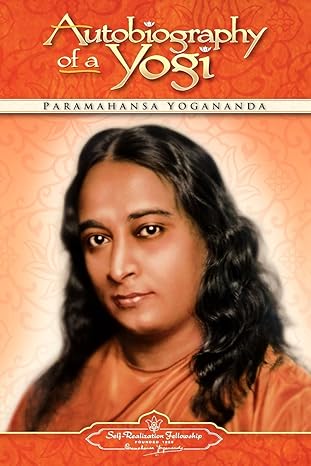
The book tells about the inspiring chronicle of Yogi Paramahansa Yogananda’s life. The author clearly explains the subtle but definite laws behind both the ordinary events of everyday life and the extraordinary events commonly termed miracles.
I believe these mystic ideas and experiences may have attracted Jobs to make this the only e-book added to his personal iPad 2!
Quote from the book – “Man’s conscious state is an awareness of body and breath. His subconscious state, active in sleep, is associated with his mental, and temporary, separation from body and breath. His superconscious state is a freedom from the delusion that “existence” depends on body and breath. God lives without breath; the soul made in his image becomes conscious of itself, for the first time, only during the breathless state.”
Book 2: Be Here Now
This was the one he read in his teenage and re-read in India and had read every year ever since.
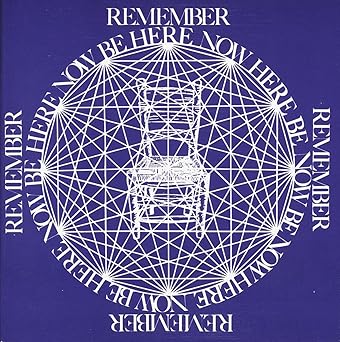
Richard Alpert, a wealthy Harvard Professor chose a different way of life and transformed into Baba Ram Dass through Yoga. Here in this book, Ram Dass has discussed elaborately about the basic themes and philosophies of spirituality, meditation, and yoga.
Quote from the book – “A moment’s reflection will show you that you play many roles in the course of a day . . . and that who you are from moment to moment changes. There is the angry you, and the kind you, the lazy you, the lustful you—hundreds of different you’s. Gurdjieff points out that sometimes one “you” does something for which all the other “you’s” must pay for years or possibly the rest of this life.”</p>
Book 3: Zen Mind, Beginner’s Mind: Informal Talks on Zen Meditation and Practice
As an early cultural icon, Steve Jobs definitely helped to popularize Zen Buddhism in America.
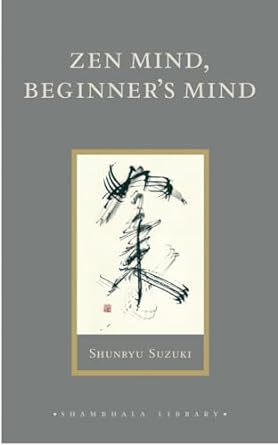 The book has become one of the great modern spiritual classics, much beloved, much reread, and much recommended as the best first book to read on Zen. It’s like a manual for every career-oriented individual just like Steve Jobs was.
The book has become one of the great modern spiritual classics, much beloved, much reread, and much recommended as the best first book to read on Zen. It’s like a manual for every career-oriented individual just like Steve Jobs was.
Quote from the book – “When you listen to someone, you should give up all your preconceived ideas and your subjective opinions; you should just listen to him, just observe what his way is. We put very little emphasis on right and wrong or good and bad. We just see things as they are with him, and accept them. This is how we communicate with each other. Usually when you listen to some statement, you hear it as a kind of echo of yourself. You are actually listening to your own opinion. If it agrees with your opinion you may accept it, but if it does not, you will reject it or you may not even really hear it.”
Book 4: Only the Paranoid Survive: How to Exploit the Crisis Points That Challenge Every Company
We can understand how Jobs really saw the need to learn about ebbs and flows in business. This is proven by his review on the book.
He wrote in his editorial review, “This book is about one super-important concept. You must learn about Strategic Inflection Points, because sooner or later you are going to live through one.”
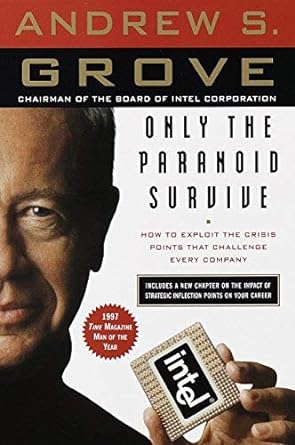 The book has become one of the great modern spiritual classics, much beloved, much reread, and much recommended as the best first book to read on Zen. It’s like a manual for every career-oriented individual just like Steve Jobs was.
The book has become one of the great modern spiritual classics, much beloved, much reread, and much recommended as the best first book to read on Zen. It’s like a manual for every career-oriented individual just like Steve Jobs was.
Quote from the book – “You need to plan the way a fire department plans: It cannot anticipate where the next fire will be, so it has to shape an energetic and efficient team that is capable of responding to the unanticipated as well as to any ordinary event.”
Book 5: 1984, by George Orwell
 The book serves as a warning of what dangers lie ahead if people are self-satisfied. While the book is about a man’s struggle against an impeccable government – which could make it feel like it holds a bit of a God complex for its reader.
The book serves as a warning of what dangers lie ahead if people are self-satisfied. While the book is about a man’s struggle against an impeccable government – which could make it feel like it holds a bit of a God complex for its reader.
Quote from the book – “The choice for mankind lies between freedom and happiness and for the great bulk of mankind, happiness is better.”
His reading list clearly suggests that Jobs “had tried to be at an intersection of technology and the liberal arts!” as he said.
He derived most of his perspectives through a lifetime of reading. And here as reviewed from ‘Steve Jobs‘ Walter Isaacson’s ‘The Genius Biographies‘ and some more places, we’ve tried to bring this wonderful list of gems (a book is an underrated word for all of these masterpieces!) that deeply influenced him.

